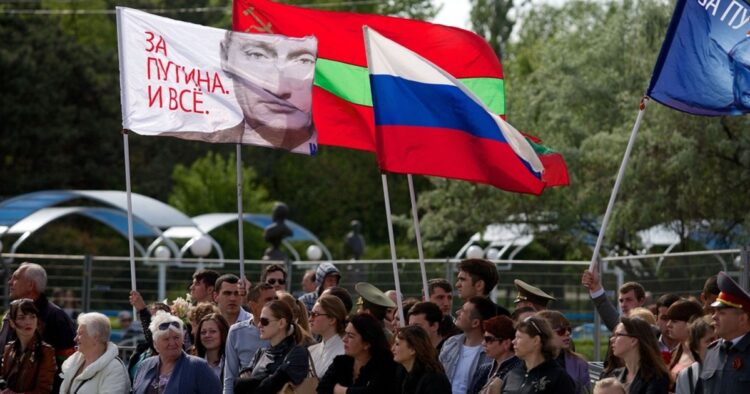Pro-Russian rebels in Transnistria, a separatist region of Moldova, have reached out to Russian President Vladimir Putin for support against perceived threats from Moldova’s government. Transnistria, which split from Moldova during the collapse of the Soviet Union, remains aligned with Russia, while Moldova aims to join the European Union.
At a rare congress, Transnistrian politicians asked Moscow to shield them from what they perceived as increasing pressure from Moldova. While this sparked concerns about potential destabilization, Moldova dismissed it as propaganda.
Transnistria, unrecognized by any country, has a small Russian military presence. The recent congress, the first since 2006, stopped short of demanding unification with Russia but appealed for greater protection for its citizens from Moldovan authorities.
Moldova’s response emphasized its commitment to peace, security, and economic integration with the EU. The US also expressed vigilance regarding Russia’s actions in the region.
The timing of the congress coincides with economic challenges for Transnistria, exacerbated by Ukraine’s closure of its border with the region during Russia’s war in Ukraine. Moldova’s efforts to resolve the conflict and pursue EU accession further complicate the situation.
Moldova’s decision to scrap customs duty reliefs for Transnistrian businesses in January may have triggered the congress. This move signals Moldova’s intention to assert control over the region’s economy.
Russia’s interest in Moldova stems from its broader geopolitical goals. The Kremlin sees Transnistria as a potential tool to disrupt Moldova’s EU aspirations, similar to its actions in Ukraine in 2014.
While some analysts see parallels between Russia’s actions in Transnistria and its intervention in Ukraine, others view it as a reminder of Russia’s inability to fully achieve its objectives in the region. Transnistria’s appeal for annexation rejected by Russia could highlight Moscow’s limitations.

















Comments